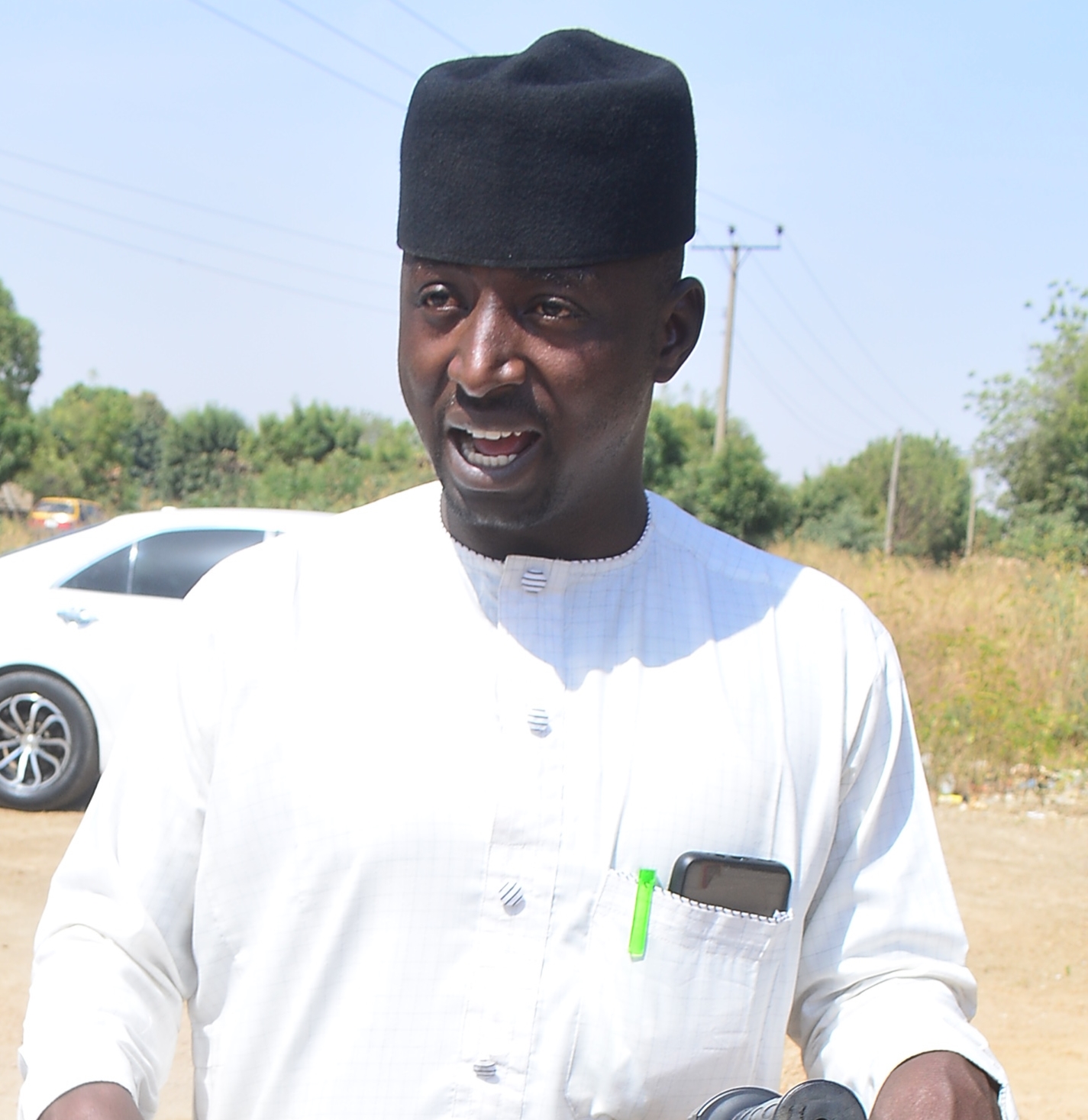Powered by a public-private partnership (PPP) strategy, the dairy industry is thriving in Kano State. A partnership between the Kano Dairy Cooperative Union and Outspan Nigeria Limited (a private organisation) and the support of the state and the federal governments, ongoing collaborative efforts are yielding positive results.
Alhaji Usman Abdullahi Usman, Chairman, Kano Dairy and Livestock Husbandry Cooperative Union (KADALCU), in this interview talks about the inroads made by the key stakeholders in fostering growth in the local dairy value chain.
Can you provide an insight into the operations of the Kano Dairy Cooperative Union?
Kano Dairy Cooperation Union serves as an umbrella body for 74 primary cooperative societies from different local government areas of the state.
These cooperative societies are from clusters of dairy farmers who desire to learn modern dairy farming practices and desist from grazing to settle in one place. The cooperative union comprises about 12,500 members from the 74 cooperative societies.
We have been able to segregate the cooperatives into three (3) senatorial districts or zones of the state.
Can you shed light on the objectives of the Kano Dairy Union?
One of the aims of the cooperatives is to provide a regular and sustainable dairy market for the member farmers thereby putting an end to roaming or open grazing among the farmers.
The potential off-takers and the union itself can off-take the raw milk supplied by the members and process it into different varieties of dairy products.
Outspan Nigeria Limited, the dairy business unit of Olam Food Ingredient (ofi), saw our vision and approached the union to open up a partnership framework to off take the raw milk from our members and process it into different varieties of products.
The union in 2020 signed a memorandum of understanding (MoU)with Outspan Nigeria Ltd.
As part of this MoU, Olam aims to develop and execute a backward integration plan that seeks to enhance and support the dairy value chain in line with the federal government’s plan for self-sufficiency in the dairy industry.
Today, the union has achieved a lot although it was only registered formally as an organisation in 2017.
The union seeks to relieve the women who traditionally hawk the local milk day by day, which, considering the changes to the consumer lifestyles, does not provide commensurate value for the efforts put into the production of the raw milk.
Consequently, we go into the cluster, collect the milk from all the clusters, relieve the women of street hawking to allow them to concentrate on raising their children well while the milk is off taken and sold to the corporate off-takers.
Another objective is to generate direct and indirect employment opportunities for the youth.
With the intervention of Outspan Nigeria Limited, we have been able to secure motorbikes and tricycles which have been issued out to the youth vendors to go to the Fulani clusters and collect the milk for processing at the milk collection centres. I’m sure you have seen some of the tricycles and motorbikes around.
Through this intervention effort, the youth, who have been employed to drive the motorbikes and tricycles, earn daily incomes to help them take care of their families.
As an umbrella cooperative union, we also want to support the education of the children of the dairy farmers.
We target setting up the nomadic children educational programme under Kano Dairy Cooperative Union whereby when the women stop hawking the milk produced on their farms, the mature ones among them could be sent to school to receive formal education. This is our third objective as a union.
The fourth objective is to create wider awareness among our members and to orientate them to adopt modern dairy farming practices as well as help them practice animal husbandry on a commercial scale instead of seeing it as a cultural heritage.
We also realize that most of our people are currently living below their potential as a result of their inability to utilize the resources that are available to them or convert them to economic means.
What we do is to buy the raw milk from them and ensure they have a steady income to rise out of the bottom of the socioeconomic ladder where most of them are currently sitting.
We have started small. The cooperative union now has a bulking centre, which has been renovated and upgraded by Outspan Nigeria Limited.
Through the intervention support of Outspan Nigeria Limited, we are spreading to locate a milk location centre closer to each cluster to ensure effective collection, preservation and off-taking of fresh milk.
As of today, through the financial support of Outspan Nigeria Limited, we’ve opened a total of three milk collection centres in three separate clusters, and are on the verge of commissioning a fourth.
How do you ensure the improvement on the quality level of the raw milk being collected from the clusters?
We prioritize quality and standards as a cooperative union. And we want to ensure our client off-take milk that meets the best global quality standards.
This is why we have put in place a rigorous milk testing parameter. We have what is called a quality control unit.
We train the milk attendants to carry out basic tests on raw milk brought into the milk collection centre to ascertain the density level of the raw milk to avoid adulteration, and the PH level of the same to ensure they are not getting sour.
Can you tell us more about the bulking centre?
A bulking centre is a bigger version of a milk collection centre.
From its name, the bulking centre is where raw milk is collected, preserved in a larger tank and off-taken in a larger quantity compared to what is obtainable at the milk collection centre.
How long do you keep the milk at the bulking centre?
The milk is kept for a maximum of 48 hours at the bulking centre. The technology is almost similar to what is available at the milk collection centre though.
We ensure the milk don’t stay too long at the centres. This milk is 100% sourced from locally bred cows. Of course, we do get milk from crossbred cows, but it is rare. 99% of our milk are sourced from indigenous cows.
And in Kano alone, we have the capacity of producing 30,000 litres or more of milk a day. It is just that this milk is uncollectable because the farms are located in distant cities.
This is where logistics, manpower, culture system and education in milk handling/transportation have to be in place. These are the reasons the milk is not being collected.
But with the coming of Outspan Nigeria Limited, I am sure the system gaps would be closed sooner to ensure effective collection of milk from distant clusters.
How would you appraise the performance of Kano State dairy industry in comparison to other states?
There is no basic statistics to this effect. But I can guarantee that the Kano State dairy industry contributes close to 24 percent of the total milk produced locally on a national scale.
This is because Kano State has the largest population of cattle and the relative peace level in the state has been attracting new settlers in the state as cattle farmers are trooping into Kano in larger numbers.
Besides, Kano also enjoys a higher population in terms of human resources. This provides a larger market for milk consumption.
Also, the state has a culture of consuming milk. Fulanis are settling here in large numbers. Overall, Kano provides a strong market for milk production and consumption.
Considering the higher security and peace level in Kano State, would you say Kano has fewer herdsmen-farmers clashes?
The traditional rulers in Kano have a fast and effective method of quickly settling internal issues, especially between the farmers and the herdsmen, before they escalate into a crisis.
Also, as a cooperative union we ensure that before a crisis occurs, we inform and educate our members about impending crisis and ensure the herdsmen don’t get in the ways of the farmers by avoiding farming plantations.
How much support do you get from the Kano State government?
The Kano State government has been supportive, especially in terms of putting in place policies and driving partnership frameworks between the union and private institutions to ensure the growth of the dairy sector.
We are like a child to the government. They also witnessed the partnership agreement between the Kano State Dairy Union and Outspan Nigeria Limited.
They have created an enabling environment for us to run our business smoothly.
There are also several programmes designed for the dairy farmers in the state that is close to taking off.
Currently, there is an initiative called agro-pastoral development programme targeted at helping livestock farmers.
There is also a project driven by a partnership between the federal government and the state government that targets improving our operations.
The federal government has been highly supportive of dairy farmers. It donated and equipped the bulking centre that was upgraded by Outspan Nigeria Limited.














